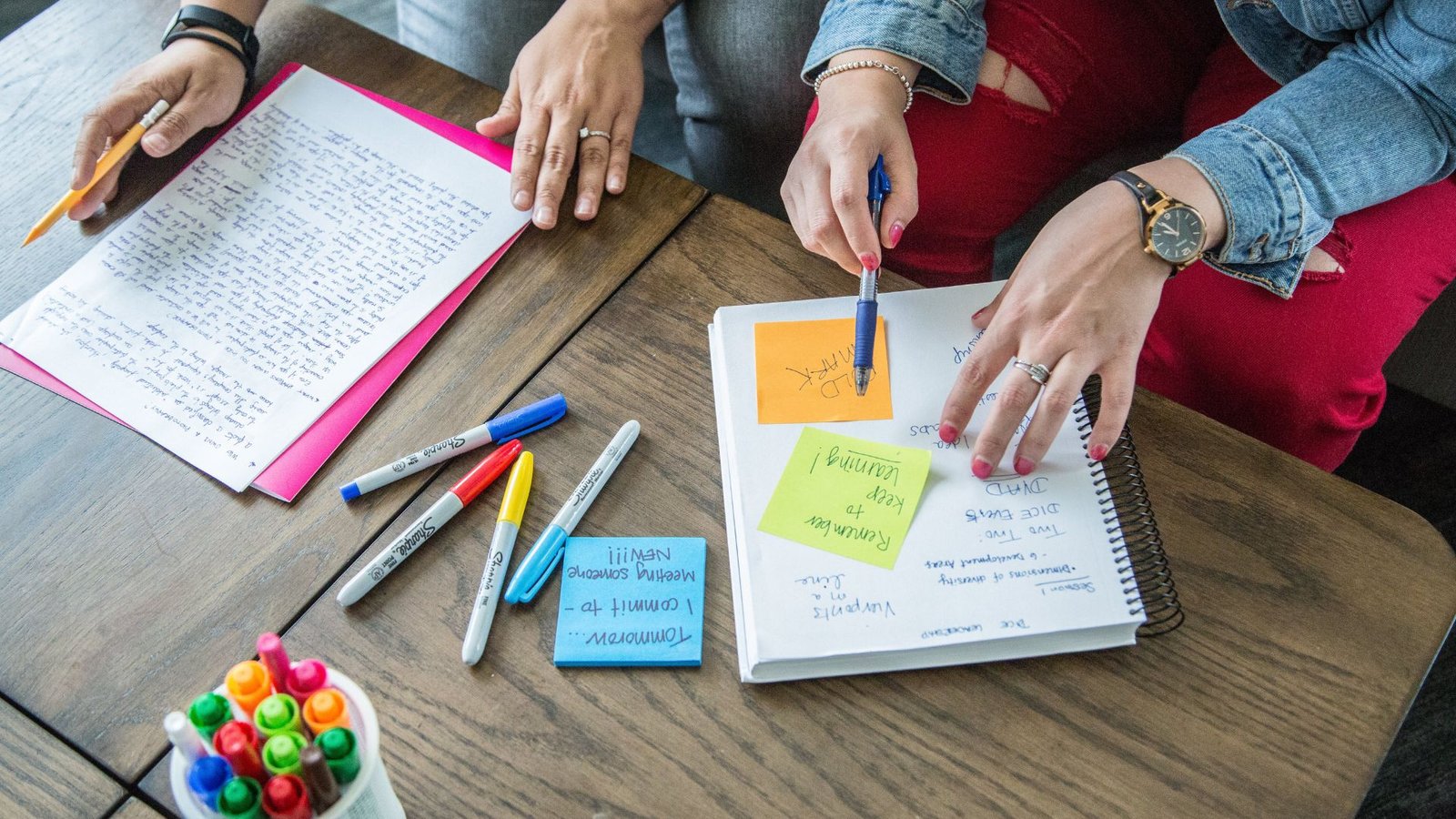A blog about the best memory techniques for How To Memorise Essays Quickly and Easily even a single or multiple essay.
I’ve been asked the question so many times: “How do you Memorise an essay quickly and easily and even free for the next time?”
Sprouts Academy will perfectly answer this question. Here, you can find very useful tips and instructions that will help you memorise an essay by using the best memory power ever.
Essays take a lot of memory space, and it’s hard to memorise an entire essay without knowing the memory strategies associated with essays. When writing essays you make use of parenthetical references, footnotes or endnotes and citations.
BOOK YOUR FIRST FREE TRAIL CLASS TODAY
Pick up your essay

The first thing that you need to do is pick your essay. You will be using this essay over and over again, so it is important that it is something that interests you. This way, you won’t get bored of learning it over and over again. If there are multiple options available, then choose one that will be easy for you to remember. It should also be something that relates to your life experiences so that it can connect with your subconscious mind easily.
Create a 
Memorising an entire essay is one of the most challenging tasks a student can undertake. However, it’s also one of the most rewarding, especially if you’re interested in improving your memory and developing new skills.
A memory palace is a structure that helps us remember things through association. We create this imaginary environment based on images we already know (like our house) and then populate this space with everything we need to remember: words, phrases, sentences, paragraphs and even entire essays!
Write, write, write
The best way to memorise an essay is to write it for learning. This means that you should write the essay in a way that allows you to learn from it. It helps if you write your essay using the same words and sentence structures that you would use when speaking.

Here are some tips:
- Write in your own words – use simple sentences, avoid long complicated ones
- Keep your paragraphs short and concise; don’t over-complicate them
- Use simple vocabulary and avoid jargon or technical terms – remember that you are writing for learning, not for a professor or examiner
- Write in your own voice – don’t use an impersonal tone when writing
- Read the essay aloud, speaking at a normal speed.
- 2Read it again and highlight any unfamiliar words.
- 3Take a break, then read it again, this time with a pen in hand. Every time you come across a word you don’t know, put a mark next to it so that you can find it again later on.
- Read through the highlighted passages one more time, writing down any definitions or explanations at the bottom of the page – don’t worry if they are not complete sentences yet, just write whatever comes into your head as you go along.
- Read through all your notes again, adding more information and looking for links between ideas where possible (for example: “When people feel threatened by change they often lash out against it”).
- Look back over your essay once more and write down anything else that might be useful: key points or arguments made by other people in class discussions; quotes from academic sources that support your argument; etc
With these techniques, you’ll be able to memorise an essay in no time at all!
An effective way to memorise an essay is to first read it several times over. The more times you read it, the more ingrained its contents will become in your mind. Having a good understanding of where you want to memorise the essay will also help: make sure that the area is quiet and devoid of distractions, that you’re sitting comfortably, and that you know how long you are going to be studying for (whether it’s five minutes or hour-and-a-half).






